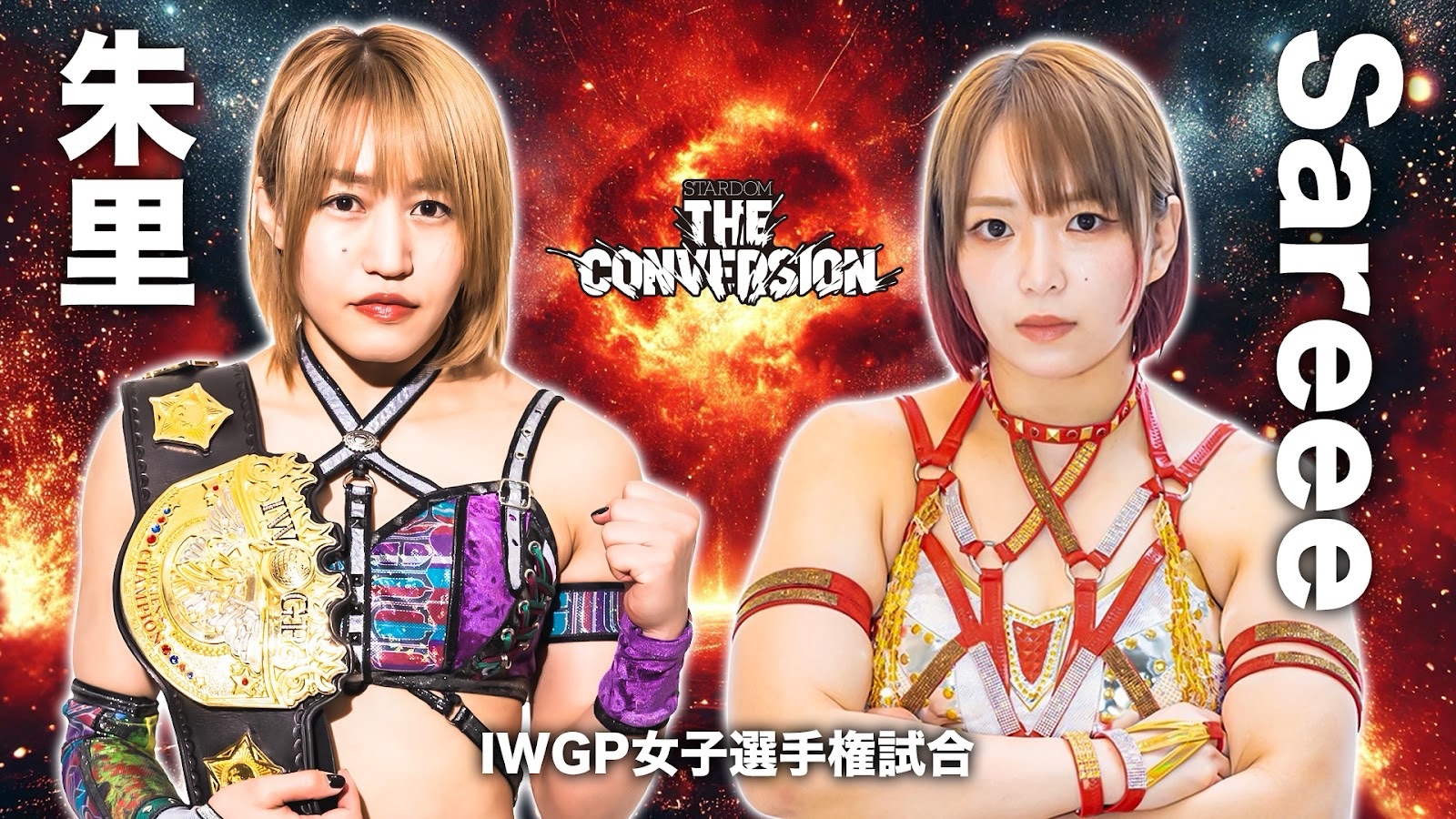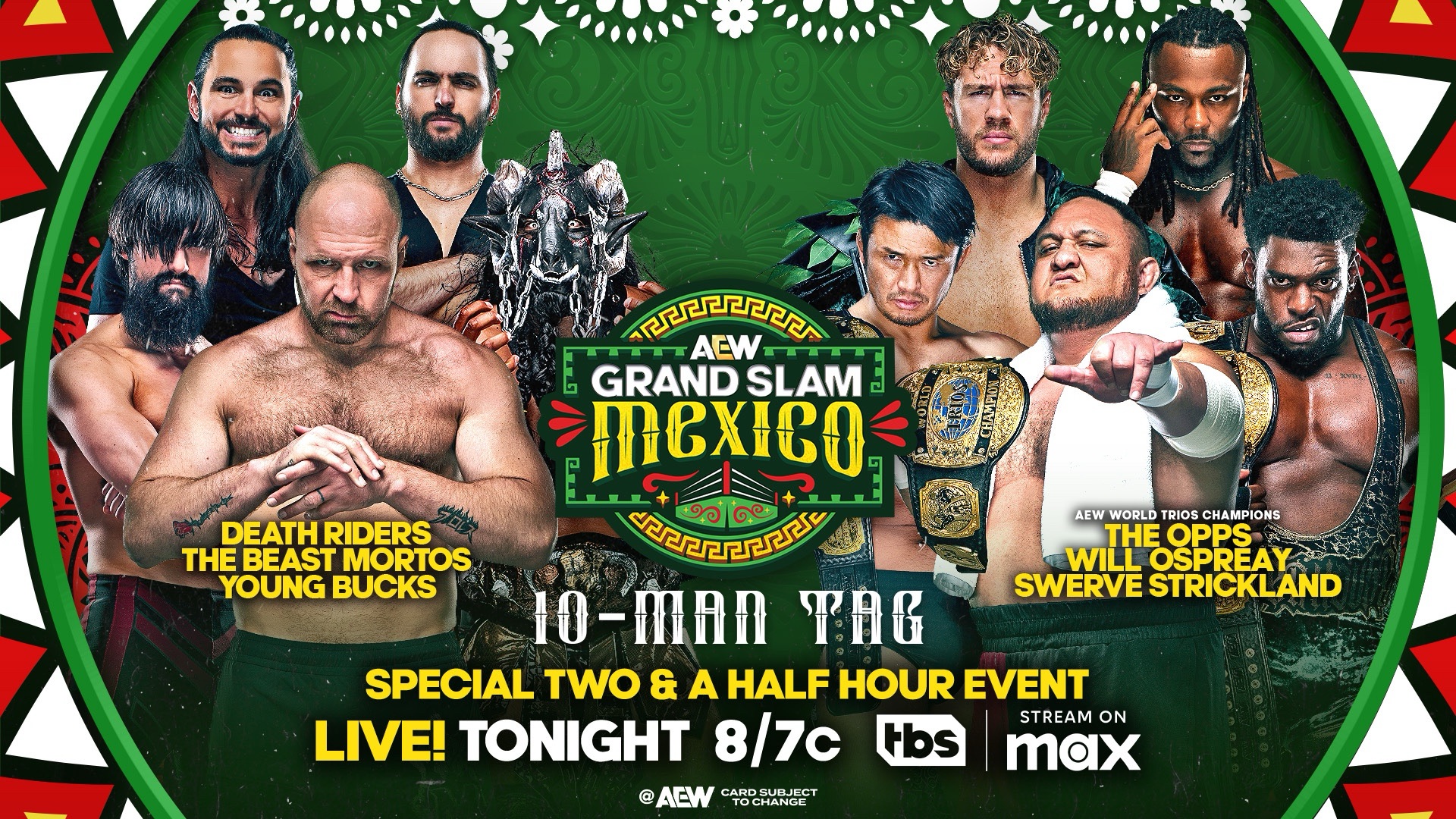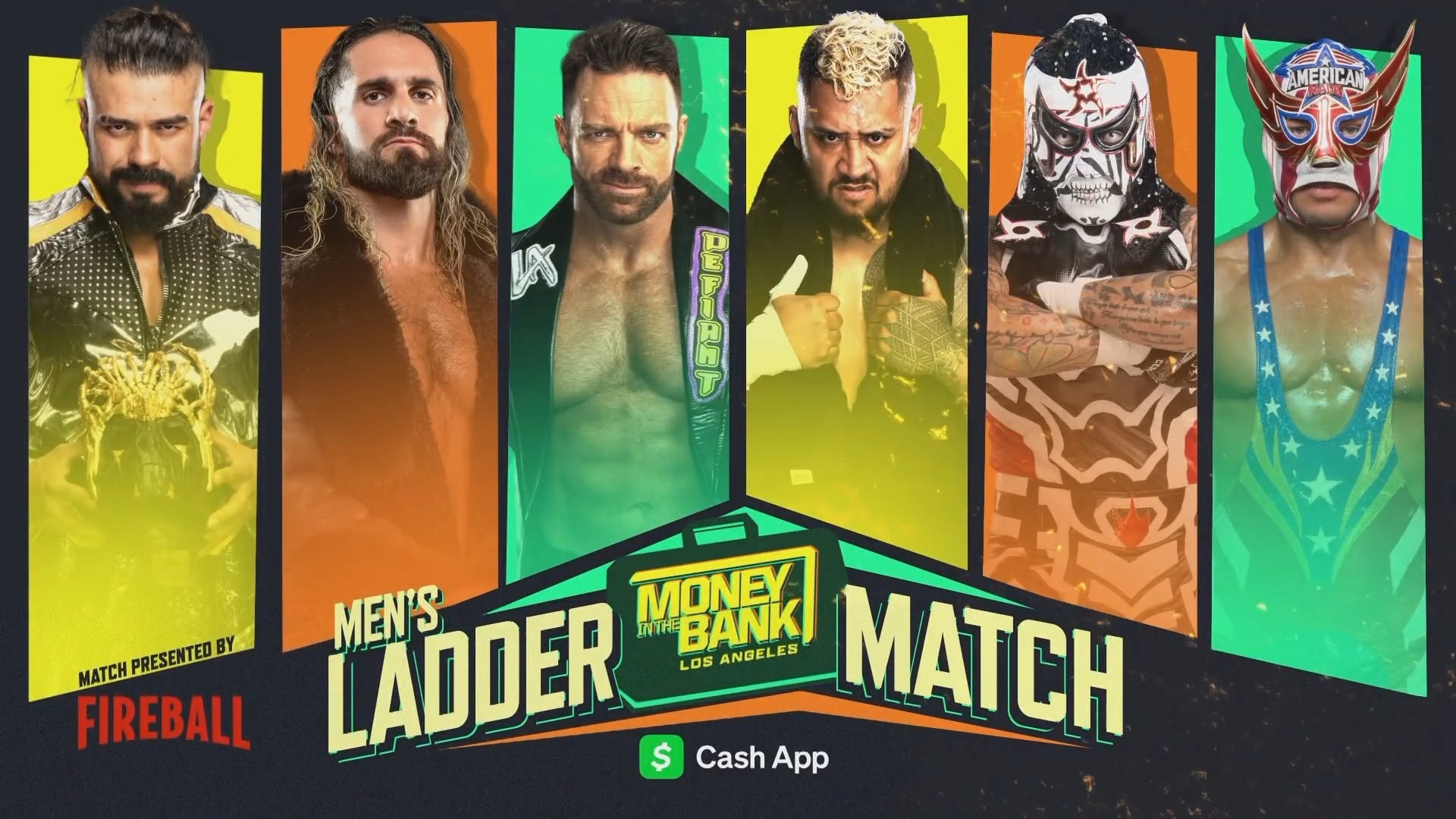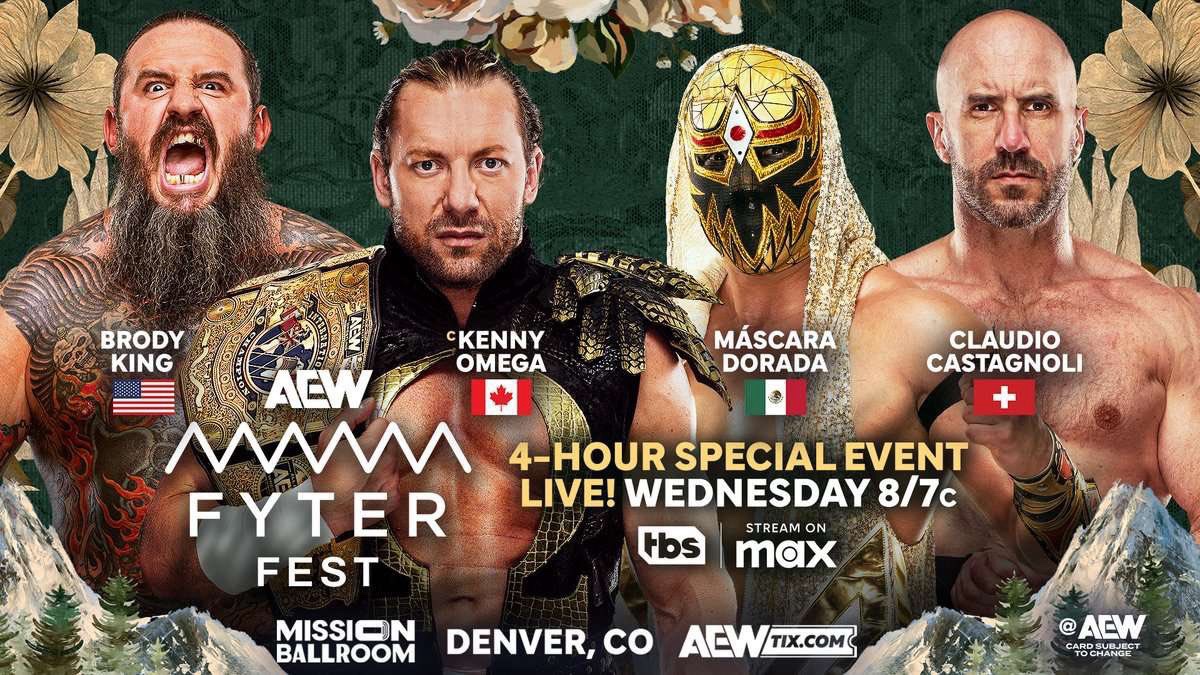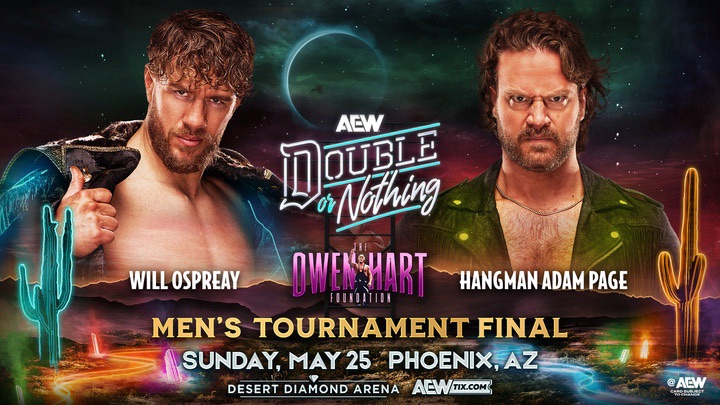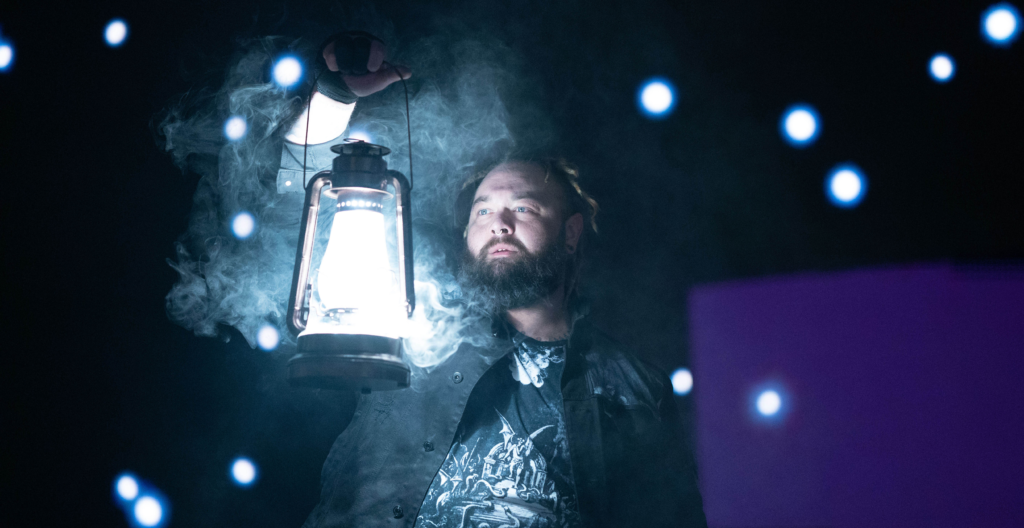
A few months ago, I started watching NXT from the first episode they taped at Full Sail University. It was a fun trip down memory lane, seeing some of the brightest stars of WWE’s last decade in their formative years, before the championship glory and WrestleMania main events. But one act caught my attention, just as he had when I got back into wrestling in 2016 and again in 2019 (and again in 2022). Bray Wyatt.
Wyatt, to put it in the simplest possible terms, was a mastermind. More than any wrestler in decades. Perhaps more than any wrestler ever. It was easy to tell that he cared about doing it well. “Getting it right.” And he got it right several times over. Even in the early days of his post-Husky Harris rebuild, it was clear that WWE had something special. Someone special.
The matches alongside the late Luke Harper and Erick Rowan against The Shield are among some of the finest matches WWE produced in the 2010s. They’re among some of the best matches in the careers of all six men. But the most striking thing, to me at least, was how popular Wyatt already was. He was so popular that the crowd broke into a “this is awesome” chant before the bell even rang for their match at the 2014 Elimination Chamber. He was so popular that he became the first man to pin a member of The Shield in the six-man tag format they excelled in.
It’s obvious why Bray Wyatt appealed so broadly. His presence was unlike anything that had been seen on WWE television. He could talk with the best of them, crafting promos that were equal parts captivating and threatening. He had an eye for the details that very few of his peers could say they had. He created a backstory for the Wyatt character over the decade after his re-debut that clearly showed just how much what he did mattered to him. One could argue that it was convoluted, but one could make an even easier argument that it showed just how much he loved wrestling.
The Fiend’s initial emergence in 2019 felt like the culmination of the previous seven years of Bray Wyatt’s career. The Firefly Fun House segments, in all of their horror-themed, Mr. Rogers-like glory, were a love letter to all that preceded it. Mercy The Buzzard, the name being an allusion to Waylon Mercy, the man who inspired Wyatt’s original cult leader persona. Huskus The Pig Boy, a reference to the man he once was, Husky Harris. There was even a puppet for Mr. McMahon, satirizing the over-the-top nature of both his on-screen character and the man behind the scenes.
The Fiend’s formal reveal, with the horror movie mask and the heavy metal version of his theme some and the three and a half minute demolition of Finn Balor at SummerSlam, is among the coolest debuts in wrestling history. The Firefly Fun House match at the following year’s WrestleMania, at a time where the “cinematic match” became almost a necessity, is the most thorough dissection of John Cena that any wrestler in WWE has ever done. It also stands as the moment where people who may have previously been iffy on Wyatt’s work finally accepted his genius.
Just last year, Wyatt did it again. In September, a little over a year from a shocking release, an acapella version of Jefferson Airplane’s “White Rabbit” began playing at house shows and before (occasionally after) commercial breaks on televised events. Then, the QR codes started appearing, each of them leading to websites or things that vaguely referenced the decade of lore that Wyatt built.
Bray Wyatt’s return at last October’s Extreme Rules was the moment, maybe even more than The Fiend’s debut, or the clashes with Daniel Bryan, or him winning the WWE Championship, or being the man that showed The Shield was human, that I will always remember. It was one of the fullest examples of Wyatt’s creativity. As convincing of an argument for letting wrestlers “do their thing” as there ever will be. The life-sized Firefly Fun House characters, audible “holy shit” chants that WWE unsuccessfully attempted to censor, and the blowing out of the lantern that was so synonymous with Wyatt’s earliest characters. The 24-year-old Husky Harris, whose wrestling career seemed doomed before it ever really had a chance to start, became the 36-year-old Bray Wyatt, one of the most popular, enduring people in recent WWE history. And it was all because of him. A beautiful, brilliant mind that left an undeniable, indelible mark on professional wrestling. All because he had to get it right.
Thank you, Windham Rotunda.

